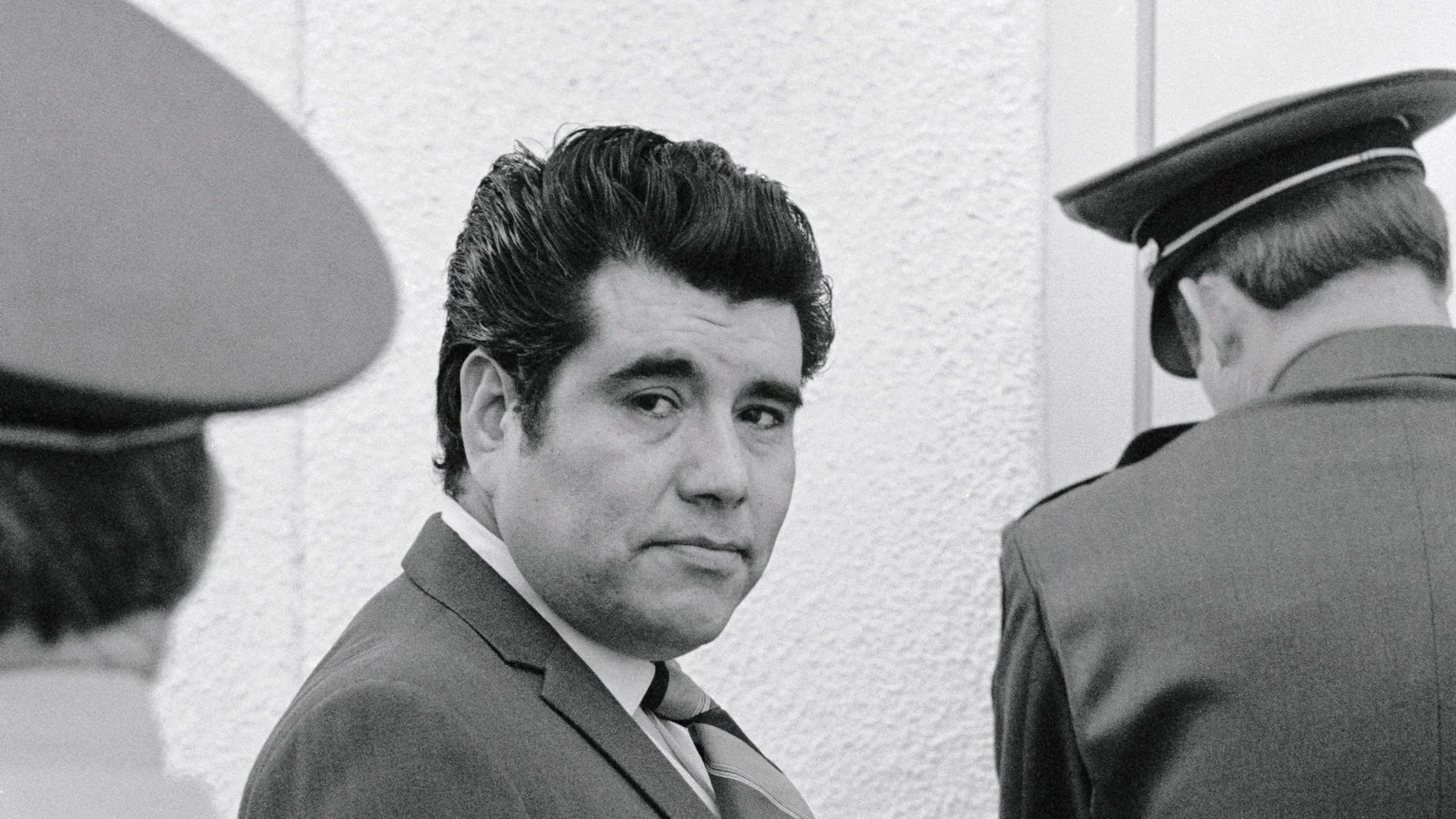On This Day: The Murder of Dr. Haing S. Ngor
On February 25, 1996, Cambodian-American gynecologist, actor, and author Haing S. Hgor was killed outside of his home in Chinatown, in Los Angeles, California. Ngor is best known for his role in the movie Killing Fields in which he won the Academy Award For Best Supporting Actor.
During his time in Cambodia, Ngor lived under the Khmer Rouge and eventually escaped. He crawled across the border to Thailand with his niece Sophia, in 1979 according to People. Anyone who was educated or could speak another language were immediately killed. Ngor pretended to be a taxi driver while in the detention camps before he escaped. Those who weren’t immediately executed were sent to detention camps, where many starved, worked to death, and tortured. His wife died in his arms in one of these camps.
After escaping to Thailand, Ngor worked as a doctor in refugee camps. He and Sophia came to the United States on August 30, 1980. While in Los Angeles, he could not continue his medical practice and instead become a job counselor for refugees. He was selected to be in the Killing Fields film while he was working this job.
In the film Killing Fields, Ngor played Dith Pran, a journalist, translator, and guide who risked his life to help Sydney Schanberg of the New York Times while he helped cover the Khmer Rouge’s atrocities. Dith was captured and placed into a camp much like Ngor was, and Ngor essentially relived some of the experiences he went through while in Cambodia. He was only able to watch the movie once.
In 1985, Ngor won the Academy Award For Best Supporting Actor. He is the first, and only Asian to win this award on a debut performance, and the second Asian to win an Oscar. After his win, he went on to use his fame not for his own gain, but to bring awareness to the continuing human rights abuses in Cambodia. He would speak at colleges and events across the country.
On February 25, 1996, Ngor was murdered outside of his apartment in Chinatown in what police deemed a “robbery gone wrong.” However, the gunman left behind Ngor’s Mercedes and over $3,000 he had on his person. However, they did take his $6,000 Rolex and a gold locket with a photo of his wife inside according to the Washington Post.
Three people, Tak Sun Tan, Jason Chan, and Indra Lim were found guilty for his murder on April 16, 1998, the same day Pol Pot’s death was confirmed in Cambodia. The three were members of the “Oriental LazyBoyz” street gang which was centered in Chinatown.
Theories that his death was an assassination have swirled in the nearly thirty years since his death. Many, including his niece, believe his death may have been ordered by the Khmer Rouge for daring to speak out and shine a light on the atrocities many Cambodians were facing. In November 2009, Kang Kek lew, a former Khmer Rouge official on trial in Cambodia, stated Ngor’s death was killed on Pol Pot’s orders, but U.S. investigators did not find him credible.
Many remember him as opening doors for those in the film industry for Asian-Americans and Cambodian-Americans. He appeared in over ten movies and in a few small television roles. Many remember him as a survivor, and he is described as a humble and gentle soul by KTLA news anchor and family friend, Kimberly Cheng.






